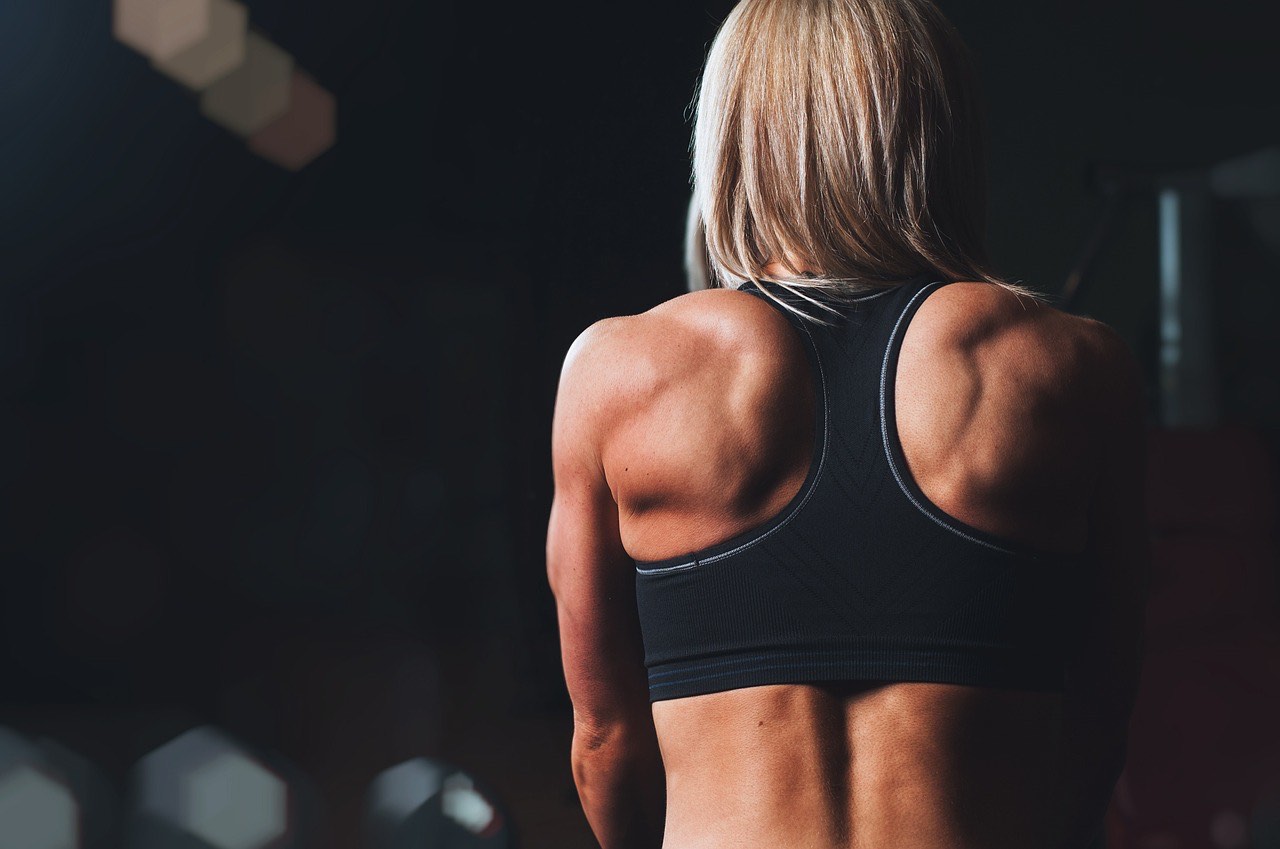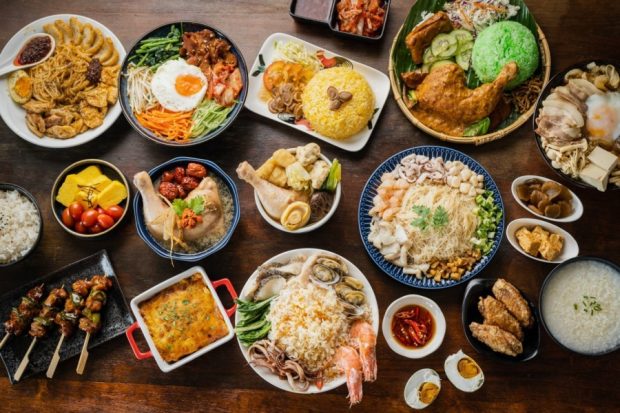Low carb and high protein diets are probably the hottest things that are doing the rounds in the food industry and every food marketer in the universe are eagerly waiting to get that slice of protein pie. The bodybuilders and athletes are grabbing, snatching and gulping down their shakes which are rich in protein and the dieters are munching on their protein bars with high hopes of shedding those extra pounds. So, we see that protein is everywhere and it has become an indispensable part of our lives.
The unimaginable power of Protein
The excitement over raw protein is everywhere and it is pretty easy to understand this alarming response. Are you aware of what protein actually is? It is a vital component of each and every cell in the human body. Nails and hair mostly comprise of protein and the human body also uses up protein while repairing and building old tissues. Proteins are required for making hormones, enzymes and other chemicals in the body. In short, it is a building block of muscles, bones, skin, cartilage and blood.
Along with carbohydrates and fat, protein is also a macronutrient which means that the body will always need a large amount of it for performing several functions. Minerals and vitamins are also required but in smaller quantities and hence they get the name ‘micronutrients’. However, unlike carbs and fat, the body never stores protein and henceforth doesn’t have any reservoir from which it can draw protein whenever it needs supply. So, the solution is easily assumable that you need to have proteins throughout the day.
How much protein is needed for our body?
There is a myth which is popular among people that taking in surplus protein will help you build more muscles. This is not at all true as the only way in which you can build muscles is by exercising. A human body always needs a modest level of protein in order to keep functioning properly and if you think you should take extra protein, this will not give you added strength. If you are worried about how much protein should be ‘enough’ for your body, here’s what the US Department of Health and Human Services has to say:
- The active men and teenage boys can obtain all the protein that their bodies require from 3 daily servings which have a total of 7 ounces.
- For children who were aged between 2 to 6, the majority of the women and few older people, the federal government advises 2 daily servings of 5 ounces.
- For active women, teenage girls, older children, the government advises 2 daily servings which sum up to 6 ounces.
Anyone who eats an 8-ounce steak which is usually served in restaurants is actually receiving more protein than what his body may need. Not only that, but he is also obtaining a huge amount of saturated fat which is clogging up the arteries and can lead to heart diseases.
High protein diets and their drawbacks
As more and more people become conscious about their diets, there are many who have jumped onto the low-carb-high-protein bandwagon and they are of the opinion that it is good to take in as much protein as they wish. However, this is something against what nutrition experts recommend. Weight loss is one of the main reasons why people choose a low-carb high-protein diet. But when a person takes in lots of protein and extremely low carbs, his metabolism will alter to a state called ketosis.
Ketosis is a state where the body will no longer burn carbs for getting the fuel and instead burn its own fat for the fuel. When the body’s fat is broken down, ketones (small particles of carbons) are released and they enter the bloodstream. Ketosis gradually suppresses your appetite thereby causing you to eat less, increases urination leading to loss of water weight. Experts recommend that high-protein diets can give you short term benefits but they can take a toll on your long-term health.
Protein powders and protein shakes – Do you need them?
If you’re someone who visits a gym, you must have heard the guys working out on the weight machines speaking about protein shakes which they drink post workout and the types of shakes they prefer to drink. As long as nutritional supplements are concerned, protein powders which are turned in shakes or taken in any preferable manner are becoming extremely popular. You get protein powders in every store and all over the web. There are also cookies that are good for fitness and ready-to-drink pre-mixed protein shakes in several nutrition stores.
What are protein powders? They usually come in 3 different forms, soy, whey and casein protein. The most commonly used is whey protein as this is water-soluble. Whey protein is also a complete protein and hence it has got several more benefits than the other ones. The vegans can opt for soy protein though it tastes unpleasant as compared to whey protein. Soy protein also doesn’t dissolve in water.
When should you want to use protein powders? An athlete or a sportsperson might need to include more protein in his diet and there are few reasons behind it. Here’s when you should require taking protein powders.
- When you are at the growing stage: If you’re a teenager, you will require more protein to fuel your workout as this is the time when your body is growing and is always in need of protein.
- When you begin a workout program: If you’re a novice and you’ve begun with a workout program and you’re trying hard to build muscles, you will need more protein than what you normally need.
- When you’re boosting your workout time: If you’re amping up your workout time, this is also a perfect time to spruce up your protein intake.
- When you’re recovering from some illness: Sportspeople and athlete often face injuries due to which they may need more proteins through their meals so that they can heal the injuries.
- When you’re adopting veganism: People who suddenly pursue a vegan lifestyle ditch a number of dietary protein sources like chicken, meat and fish. Hence, they should prep up their other protein intakes to remain fit.
6 Delicious high-protein foods to eat
The RDI or recommended daily intake of protein should be 46 grams for women and 56 grams for men. So, what are few of the delicious foods that you may have to boost your protein intake? Scroll down to know their names.
#1: Whole eggs
There’s no denying the fact that whole eggs are certainly the healthiest and most nutritious food that could have ever been invented on this planet! Eggs are loaded in minerals and vitamins, antioxidants, healthy fats and brain nutrients as well. Egg whites are pure protein and whole eggs are high in protein. 1 large egg contains 6 grams of protein and 78 calories.
#2: Chicken Breast
When you have to make a list of protein-rich foods, chicken breast is certainly one of the most popular ones. If you want to eat the chicken without the skin, a major part of the calories come from protein. The best part about chicken breast is that it can be cooked easily and it can taste delicious if you cook it in the right way. 1 roasted chicken breast has 53 grams of protein and 284 calories.
#3: Almonds
Almonds are a kind of tree nut and they’re usually loaded with vital nutrients which include fibre, manganese, magnesium and Vitamin E. Nuts contain 6grams per ounce and 13% calories.
#4: Oats
If there can be any healthy grain on the planet, it is definitely oats. Oats are loaded with magnesium, manganese, healthy fibres, vitamin B1 or thiamine and various other nutrients. The protein content in oats is 13 grams for a half cup of raw oats and it contains 303 calories.
#5: Greek Yogurt
Strained yoghurt is also called Greek yoghurt and this is a rather thick kind of yoghurt. This tastes delicious and has also got a creamy texture which is pretty high in different types of nutrients. If you take the non-fat Greek yoghurt, this has protein at 48% calories and a 6-ounce container of yoghurt has got 18 grams of protein with just 100 calories. Don’t choose the one with added sugar as sugar is never good for health. Full-fat Greek yoghurt is high in protein but it contains too much of calories.
#6: Broccoli
Broccoli is one of the healthiest vegetables which is loaded with Vitamin K, Vitamin C, potassium and fibre. It is also high in bioactive nutrients and it is believed that broccoli can protect the human body against cancer. Broccoli has high protein as compared to different other vegetables. Broccoli contains 20% calories and a cup of chopped broccoli has 3 grams of protein.
Hence, as we see that protein is the single most vital nutrient for achieving a better-looking body and for weight loss. Protein can let you lose belly fat and overall weight and it works through different mechanisms to help the body in various ways.








